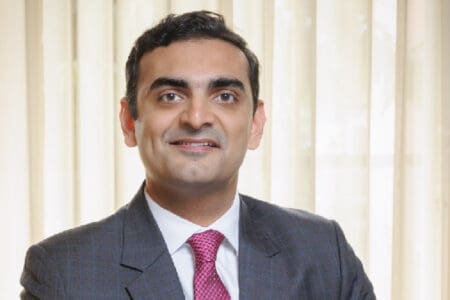NEW DELHI: Nearly 7 out of 10 admitted patients are prescribed antibiotics, a survey carried out in 20 public hospitals across the country has revealed.
A survey carried out in 20 public hospitals across the country has revealed that 72% in-patients are prescribed antibiotics, with 5% patients getting four or more antibiotics. More importantly, the survey carried out by the National Centre for Disease Control (NCDC) showed that watch group antibiotics (antibiotics that have higher resistance potential) were prescribed more frequently compared to access group antibiotics (antibiotics with lower resistance potential).
The World Health Organisation had, in 2019, classified 180 commonly used antibiotics into three categories namely, watch group antibiotics, access group antibiotics and reserve group antibiotics (antibiotics and antibiotic classes that should be reserved for treatment of confirmed or suspected infections due to multi-drug-resistant organisms) to emphasise the importance of their optimal uses and potential for antimicrobial resistance.
The UN health agency also listed antibiotics whose use is not recommended – namely fixed-dose combinations of multiple broad-spectrum antibiotics that lack evidence-based indications for use or recommendations in high-quality international guidelines.
According to the survey, one of the largest multi-centre PPS (Point-Prevalence Survey) conducted in the country till date to assess antibiotic usage, many institutions prescribed antibiotics that come under the not-recommended group as per WHO.
“Only two sites reported higher prescription rate for access group antibiotics,” the survey found. The survey report was released by Union health minister Mansukh Mandaviya
“Polypharmacy (simultaneous use of multiple medicines) was observed in all the institutions. Combining two antibiotics can increase the risk of adverse effects and drug interactions,” the report says.







